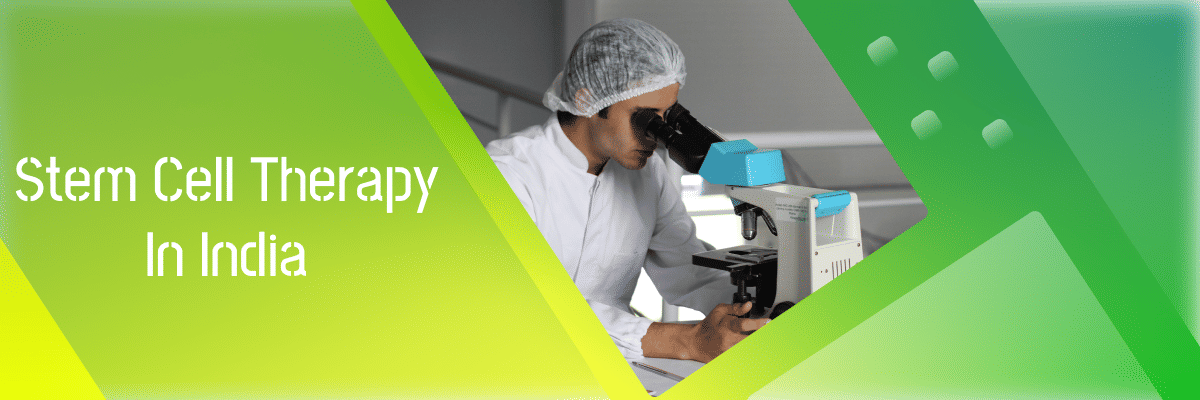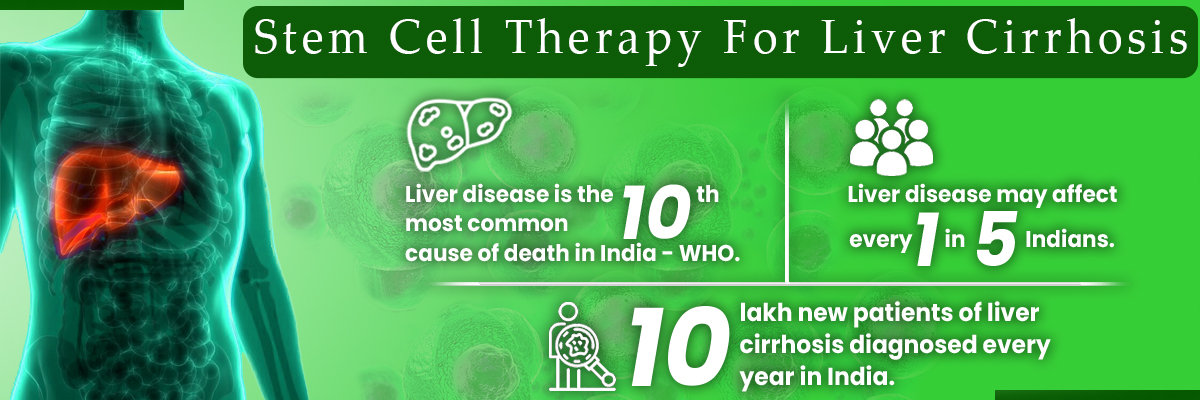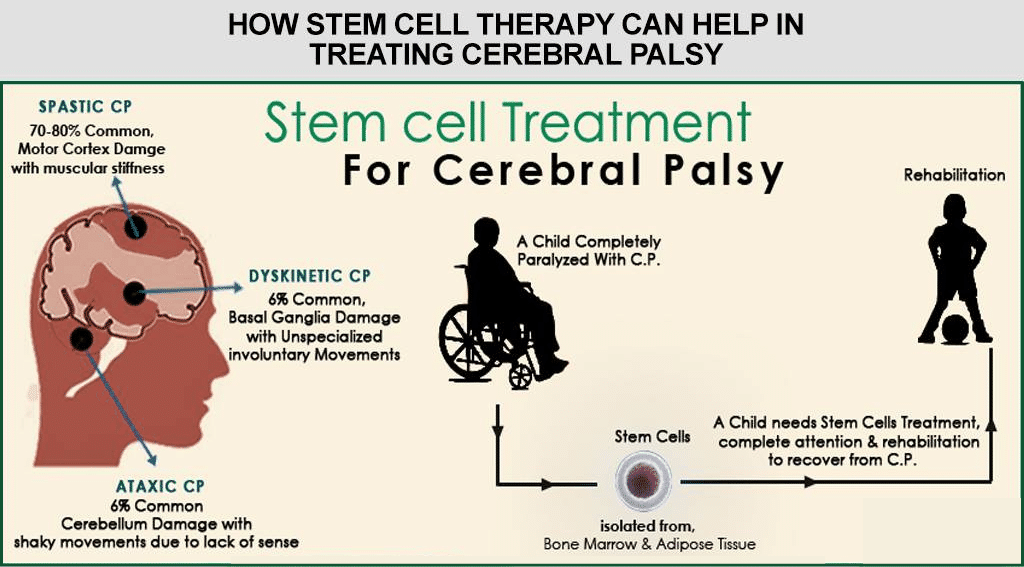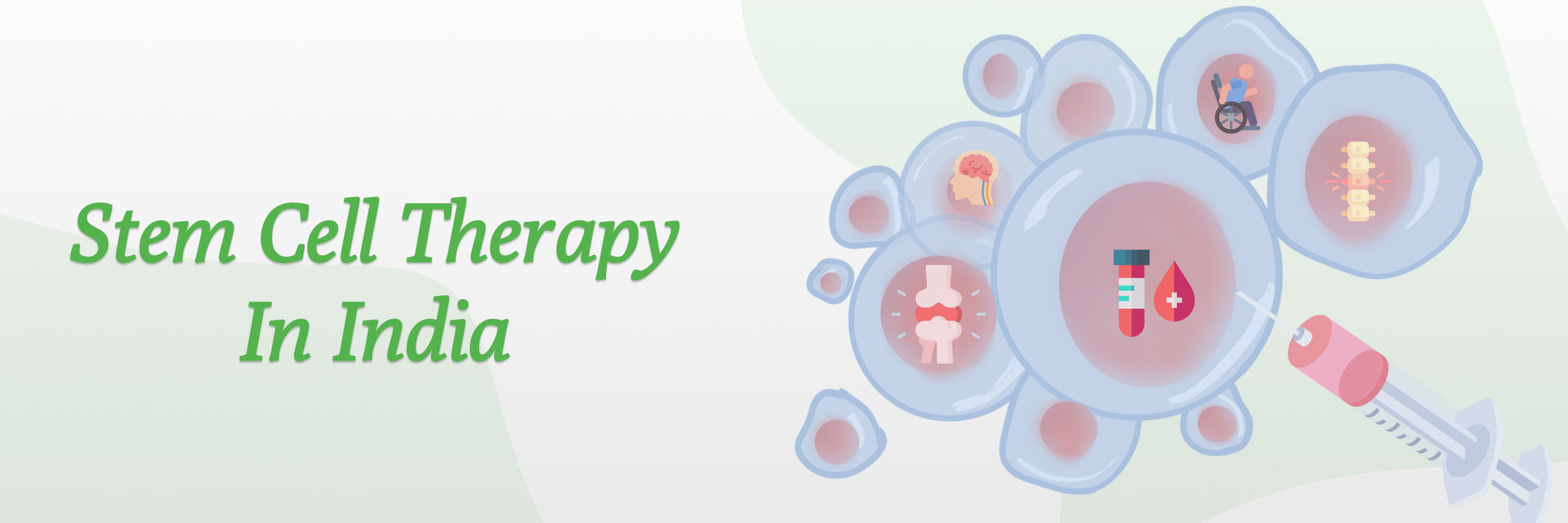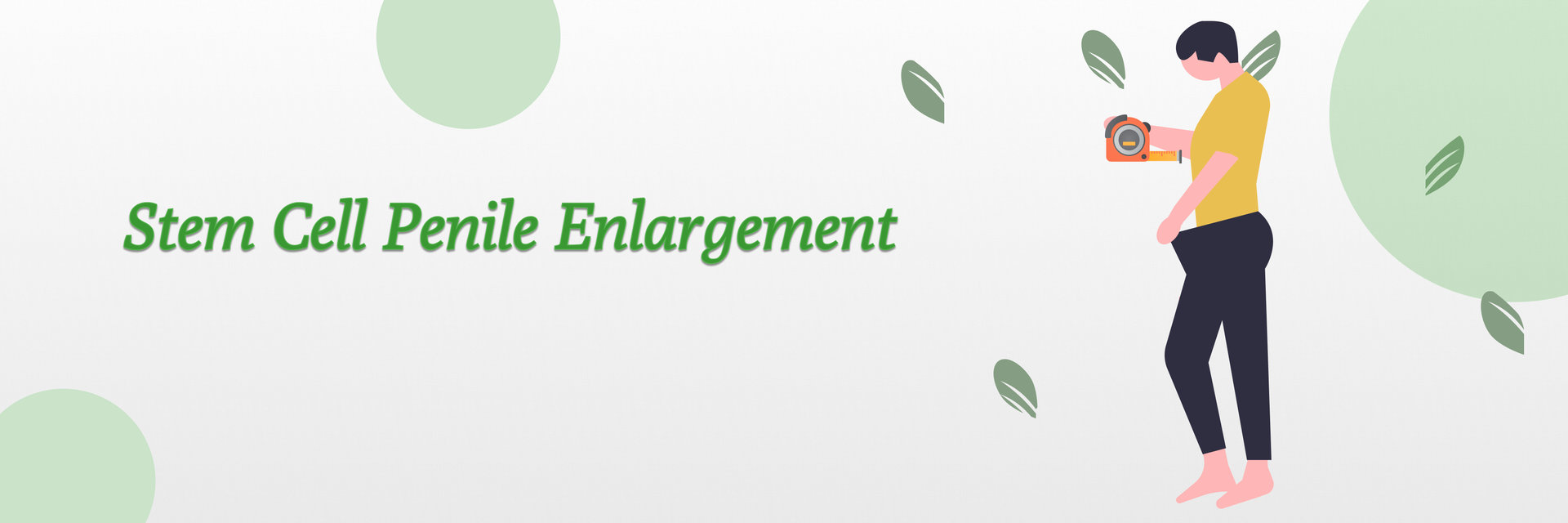Introduction
Neurodegenerative diseases, such as Parkinson's disease, Alzheimer's disease, and Amyotrophic Lateral Sclerosis (ALS), have long been a challenge for medical science due to their progressive and debilitating nature. With an increasing aging population, the prevalence of these diseases is rising, particularly in India. According to a report by the Alzheimer's and Related Disorders Society of India (ARDSI), over 4 million people in India suffer from some form of dementia. Similarly, the Parkinson’s Disease Foundation estimates that nearly 1 million people in India are affected by Parkinson’s disease.
Stem cell therapy, a revolutionary approach in regenerative medicine, offers new hope for treating these conditions. This article delves into the potential of stem cell therapy for neurodegenerative diseases, its availability in India and its approval status by the FDA.
Dr. Pradeep Mahajan, a specialist in regenerative medicine, highlights the transformative potential of this therapy in improving patient outcomes.
Despite the promise, challenges such as ethical considerations and the need for precise control over cell growth remain. Ongoing research and clinical trials are essential to evaluate the safety and effectiveness of stem cell therapy. Early results are promising, showing potential improvements in motor skills and cognitive function, offering hope for millions of patients worldwide.
Can Stem Cells Help in Neurodegenerative Diseases?
Stem cell therapy holds immense promise for neurodegenerative diseases due to its potential to regenerate damaged neurons and restore lost functions. The main mechanisms through which stem cells can help include:
- Neuroprotection: Stem cells release factors that protect existing neurons from further damage.
- Neurogenesis: They can differentiate into various types of neural cells, potentially replacing lost or damaged neurons.
- Modulation of Inflammation: Stem cells can modulate the inflammatory response, reducing the secondary damage caused by chronic inflammation.
How Does Stem Cell Therapy Work for Neurodegenerative Diseases?
Stem cell therapy for neurodegenerative diseases uses stem cells to replace or repair damaged brain and spinal cord neurons. Stem cells can develop into various types of cells, including neurons, and can potentially regenerate lost or damaged tissues. Here’s how the process typically works:
- Cell Replacement: Stem cells can differentiate into neurons and other supportive nervous system cells. When transplanted into the affected area, these cells can replace the damaged neurons, potentially restoring function. For example, in Parkinson's disease, stem cells can become dopamine-producing neurons lost in this condition.
- Neuroprotection: Stem cells release growth factors and other molecules to protect existing neurons from further damage. This neuroprotective effect can help slow the progression of neurodegenerative diseases by reducing inflammation and preventing cell death.
- Modulation of the Immune Response: Stem cells can modulate the immune response, reducing harmful inflammation and contributing to neuron damage in diseases like Multiple Sclerosis (MS). By controlling the immune system, stem cells help create a more favorable environment for neuron survival and repair.
- Promotion of Regeneration: Stem cells can stimulate the body’s repair mechanisms. They release factors that encourage endogenous stem cells in the brain to proliferate and differentiate, aiding in repairing damaged tissues.
Discover how stem cell therapy can help manage neurodegenerative diseases. Consult the best stem cell treatment specialists today and start your Journey to better health!
What Are the Neurodegenerative Disorders Treated by Stem Cells?
1. How stem cells help in Alzheimer's Disease: Stem cells can reduce plaques, regenerate neurons, and improve cognitive functions.
2. How stem cells help Parkinson's Disease: Stem cells can replenish dopamine-producing neurons, reducing symptoms like tremors.
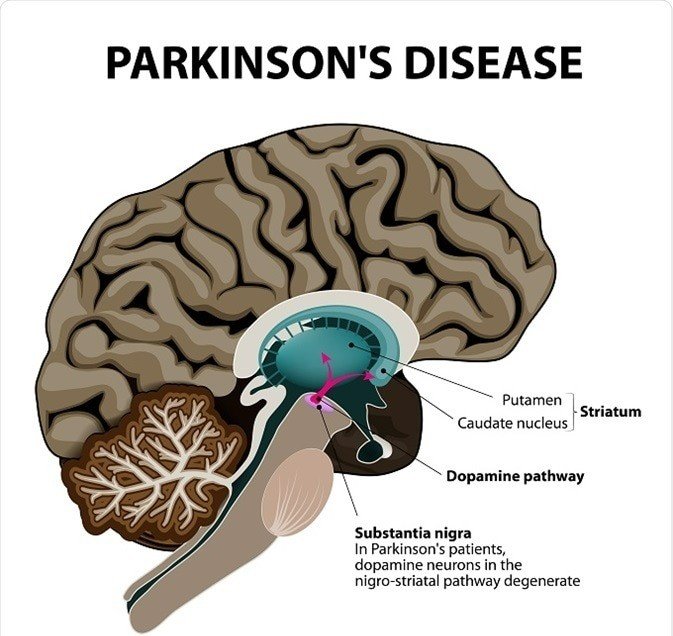
3. How stem cells help ALS (Lou Gehrig's Disease): Stem cells can protect and regenerate motor neurons, slowing disease progression.
4. How stem cells help Huntington's Disease: Stem cells can replace damaged neurons and improve motor and cognitive symptoms.
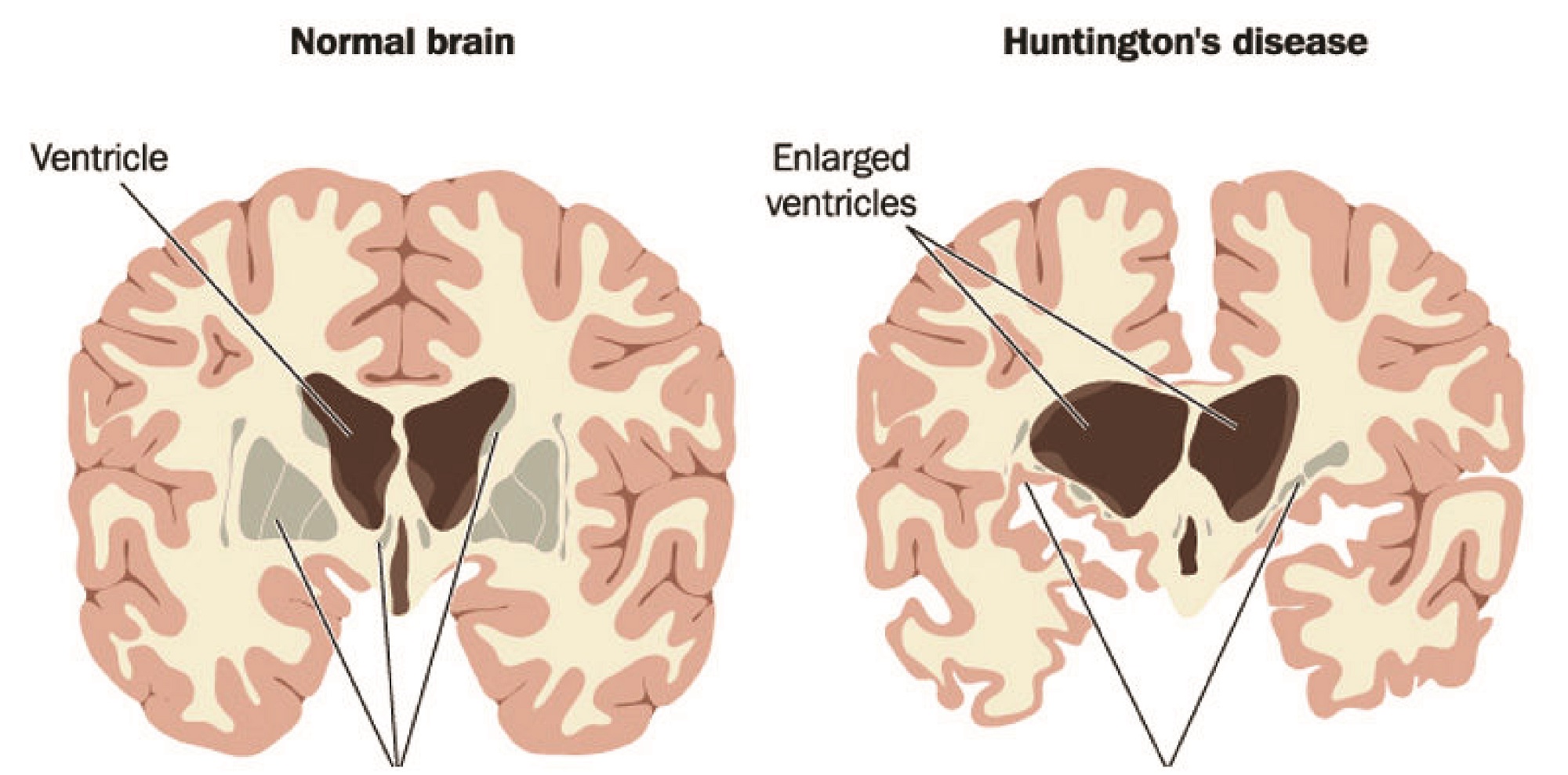
5. How stem cells help Multiple Sclerosis: Stem cells can repair myelin sheath damage and reduce inflammation, improving symptoms.
Considering stem cell therapy? Weighing the pros and cons of this innovative treatment is essential.
Here’s what you need to know.
Risks and Benefits of Stem Cell Therapy for Neurodegenerative Diseases
Risks | Benefits |
| Potential for immune rejection | Potential to slow disease progression |
| Risk of infection | Ability to regenerate damaged neurons |
| Uncertainty about long-term effects | Reduction in symptoms like tremors and rigidity |
| High cost | Improvement in quality of life |
| Possible tumor formation | Reduced inflammation in the nervous system |
Eligibility Criteria
Patients must meet specific criteria to be eligible for stem cell therapy. These criteria often include:
- Diagnosis of a neurodegenerative disease confirmed by a healthcare provider.
- Evidence of disease progression despite conventional treatments.
- Overall, it is good health to withstand the procedure.
- No contraindications like active infections or severe comorbidities.
- Willingness to participate in follow-up studies and assessments.
Where is Stem Cell Therapy for Neurodegenerative Diseases in India available?
India is emerging as a significant contributor to stem cell therapy, with numerous research institutions and clinical trials underway. The country's advanced medical facilities, infrastructure, and relatively lower costs make it an attractive destination for patients seeking stem cell treatments.
1. StemRx Bioscience Solutions Private Limited (Dr. Mahajan’s Hospital) Navi Mumbai
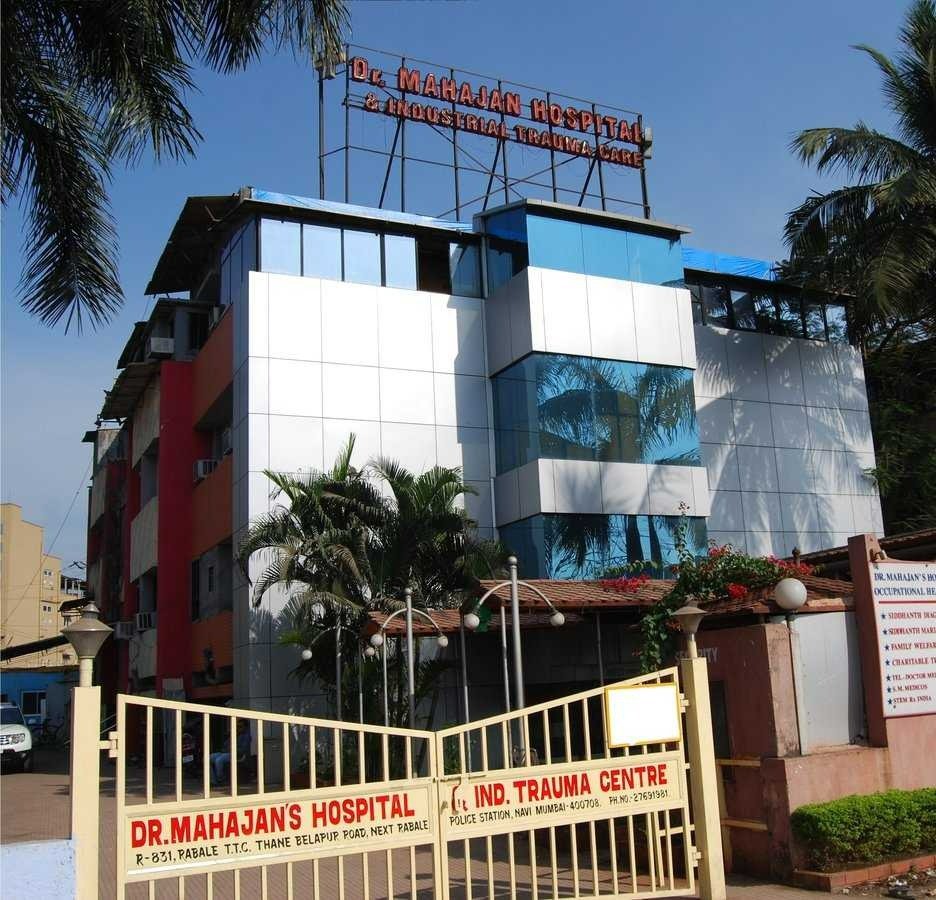
With a team of experienced scientists and medical professionals, STEMRX is at the forefront of developing and implementing advanced stem cell treatments designed to improve patient outcomes and quality of life. The institute is known for its commitment to ethical practices and adherence to regulatory guidelines, ensuring safe and effective treatment options for patients.
- Specialities: Stem cell research and therapy, regenerative medicine
- Services: Innovative stem cell treatments for various neurological conditions
- Notable Achievements: Known for its cutting-edge research in stem cell therapy and successful application of these therapies in clinical settings
2. NeuroGen Brain and Spine Institute, Mumbai
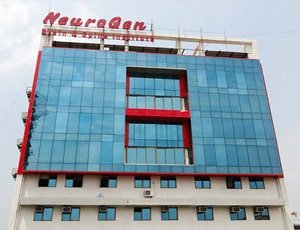
NeuroGen Brain and Spine Institute is an organisation and a concept that aims to provide stem cell therapy for individuals with incurable neurological disorders. NeuroGen's team works under the same roof to give the patients hope and the best treatment.
- Specialities: Neurogenetics, neurorehabilitation, stem cell therapy
- Services: Comprehensive treatment, including stem cell therapy, neurorehabilitation, and follow-up care
- Notable Achievements: Recognized for pioneering stem cell therapy for neurological disorders in India
3. Medanta - The Medicity, Gurgaon
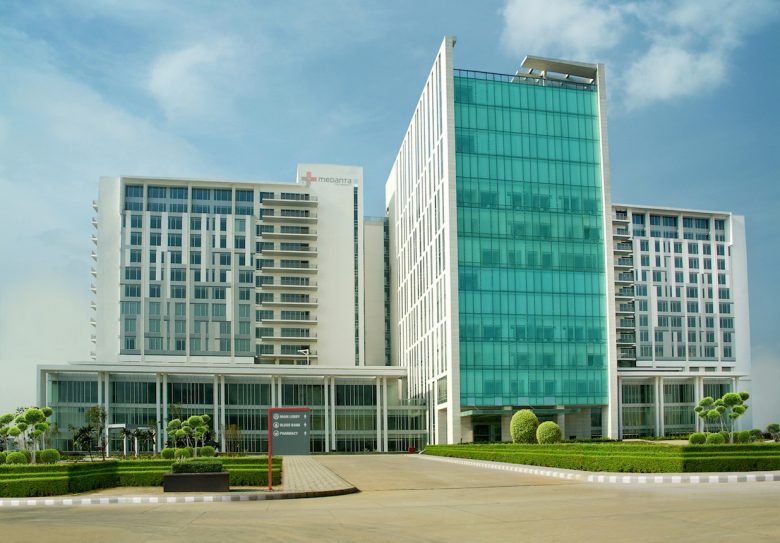
- Specialties: Multi-specialty hospital with a focus on neurology and regenerative medicine
- Services: Advanced stem cell therapy, rehabilitation, and personalized treatment plans
- Notable Achievements: Known for its state-of-the-art facilities and experienced medical professionals
4. Kokilaben Dhirubhai Ambani Hospital, Mumbai

- Specialties: Neurology, neurosurgery, regenerative medicine
- Services: Cutting-edge stem cell therapy, neurorehabilitation, and comprehensive care for neurodegenerative diseases
- Notable Achievements: Leading hospital in India with a focus on innovative treatments
5. AIIMS, New Delhi
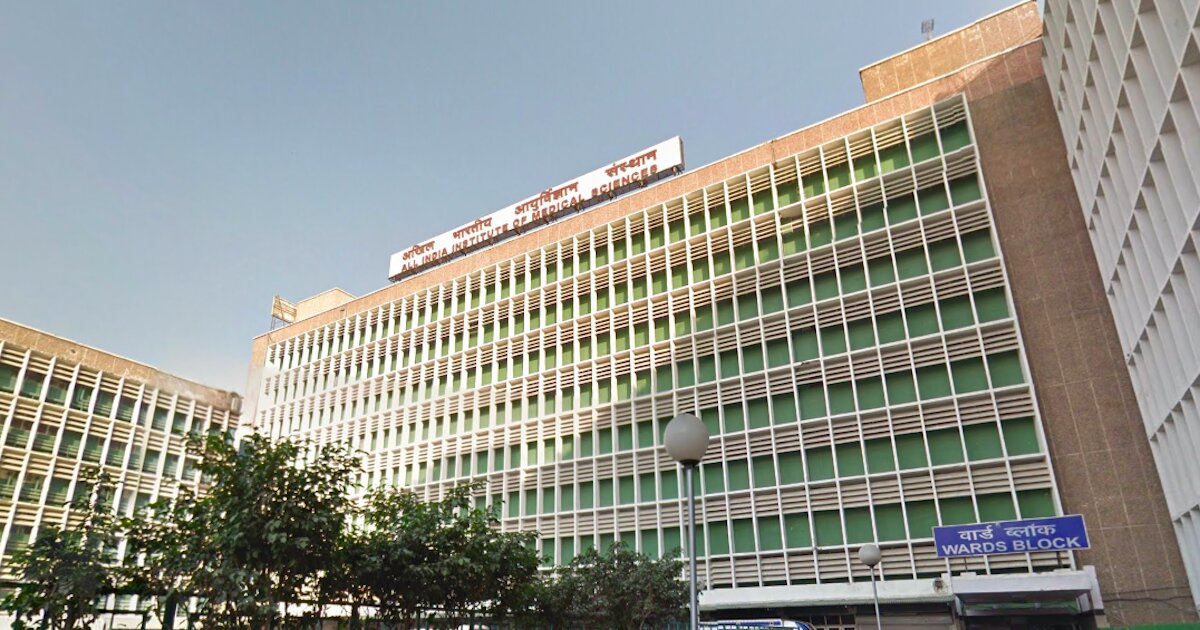
- Specialities: Premier medical institute in India, offering a wide range of medical services, including stem cell therapy
- Services: Multidisciplinary approach to neurodegenerative disease treatment, including stem cell therapy and rehabilitation
- Notable Achievements: Renowned for its research and clinical excellence in neurology and regenerative medicine
6. Apollo Hospitals, Chennai

- Specialties: Multi-specialty hospital with expertise in neurology and regenerative medicine
- Services: Comprehensive stem cell therapy programs, rehabilitation, and follow-up care
- Notable Achievements: Recognized for its advanced medical technology and experienced healthcare professionals
How much does neural stem cell therapy cost?
Stem Cell Therapy for Neurodegenerative Diseases generally ranges from $20,000 to $50,000 in countries like the USA and Europe. In India, the cost ranges from approximately $8,000 to USD 12,000.
Still curious about the cost of stem cell therapy? Understanding the costs involved is crucial for planning treatment!
Book your appointment with the stem cell therapy experts and get detailed cost information.
Factors Affecting Cost
- Type of Disease: Different diseases may require different stem cell treatments.
- Treatment Center: Costs vary between hospitals and clinics.
- Stem Cell Source: Autologous (self-donated) stem cells may cost less than donor-derived cells.
- Number of Sessions: Multiple treatment sessions increase the overall cost.
- Post-Treatment Care: Follow-up care and rehabilitation can add to the expenses.
Is Stem Cell Therapy for Neurodegenerative Diseases FDA Approved?
The FDA has approved some stem cell treatments for specific conditions, but most stem cell therapies for neurodegenerative diseases are still in the experimental stage. Clinical trials are ongoing to evaluate the safety and efficacy of these treatments. Here are some key points:
- Approved Therapies: Currently, the FDA has approved stem cell treatments for certain blood and immune system disorders.
- Experimental Therapies: Most stem cell therapies for neurodegenerative diseases, including those for Parkinson’s and Alzheimer’s, are in clinical trial phases.
- Regulatory Oversight: The FDA closely monitors and regulates clinical trials to ensure patient safety and the scientific validity of the results.
Stem cell therapy represents a beacon of hope for individuals suffering from neurodegenerative diseases. While the field is still evolving, and many treatments remain experimental, the potential benefits are immense. With continued research and clinical trials, stem cell therapy may one day become a standard treatment for these debilitating conditions.
For individuals considering this therapy, it is vital to consult with healthcare professionals, understand the current state of research, and be aware of the costs and regulatory status. As science progresses, stem cell therapy could transform the landscape of neurodegenerative disease treatment, offering new avenues for recovery and improved quality of life.
Disclaimer
Stem cell therapy offers promising hope for the treatment of many diseases, including neurological and autoimmune conditions. However, it is important to note that most of these treatments are currently under clinical trial and have yet to receive FDA approval. The success rates mentioned are based on ongoing clinical trials. This blog is for informational purposes, and we are not promoting stem cell therapy. Individuals should consult with qualified healthcare professionals to discuss potential risks and benefits.
FAQs
1. How soon can patients see improvements after stem cell therapy for neurodegenerative diseases?
Patients may start seeing improvements within weeks to months, but it varies depending on the individual and the disease being treated.
2. Is stem cell therapy for neurodegenerative diseases FDA-approved?
Some treatments are in clinical trials and have limited FDA approval. It’s important to consult with a healthcare provider for the most current information.
3. Can stem cell therapy be combined with other treatments for neurodegenerative diseases?
Yes, stem cell therapy can often be combined with other treatments to enhance outcomes. To determine the best approach, consultation with a specialist is recommended.
4. What should patients expect during a stem cell therapy session?
A typical session involves extracting, processing, and injecting stem cells, which can take several hours. Recovery time and post-treatment care vary by patient.
